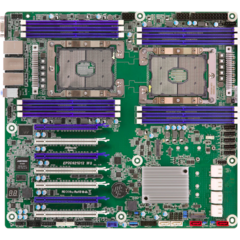IT Security & My Experiences w/ How Much People Don't Care Until Something Bad Happens.
-
Featured Topics
-
Topics
-
RoyTheGeek ·
Posted in Phones and Tablets1 -
NexDeformedpoto ·
Posted in Networking1 -
3
-
6
-
2
-
Soapy1234 ·
Posted in CPUs, Motherboards, and Memory3 -
tridy ·
Posted in Programs, Apps and Websites2 -
Gabrielzv1233x2 ·
Posted in Troubleshooting4 -
3
-
RiftenGuard2011 ·
Posted in PC Gaming4
-








.thumb.jpg.ab6821c090888206ddcf98bb04736c47.jpg)








Create an account or sign in to comment
You need to be a member in order to leave a comment
Create an account
Sign up for a new account in our community. It's easy!
Register a new accountSign in
Already have an account? Sign in here.
Sign In Now